You are here
New Releases
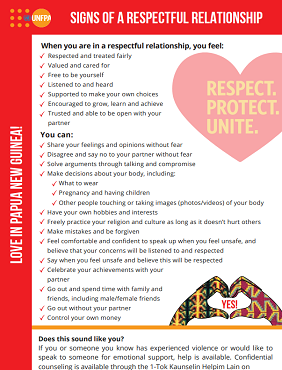
Tip Sheet: Signs of a Respectful Relationship
What are signs of a respectful relationship?
Read UNFPA's tip sheet.
#RespectProtectUnite
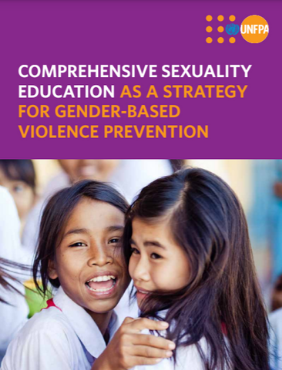
Comprehensive Sexuality Education as a Strategy for Gender-based Violence Prevention
UNFPA Asia and the Pacific Regional Office produced this report as an evidence review on the linkages between comprehensive sexuality education and the prevention of gender-based violence on the basis of a rapid review of existing research.
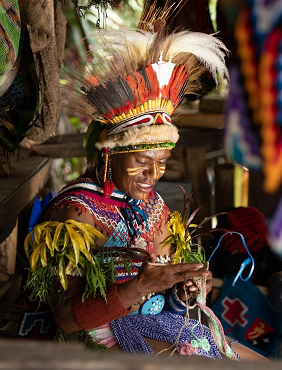
About The Bilum Campaign: links to the campaign visuals
The Bilum Campaign leverages the wisdom and culture of Papua New Guinea’s women to mobilize support for investments in a strong primary health and education sector that prioritizes reproductive health services and information.
The Bilum Campaign revisits the traditional role of women and reproductive health through the iconic string bags of PNG known as the “bilum”. Click here to access the short video featuring PNG cultural icon and “Bilum Lady” Florence Jaukae Kamel and learn the hidden meaning behind the bilum patterns that speak to gender equality, puberty, motherhood and women’s daily challenges.
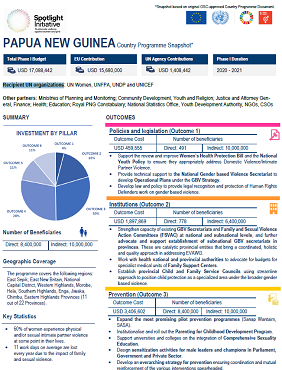
Spotlight Initiative: Papua New Guinea Country Programme Snapshot
Snapshot of Spotlight Initiative based on recipient UN organizations in Papua New Guinea.
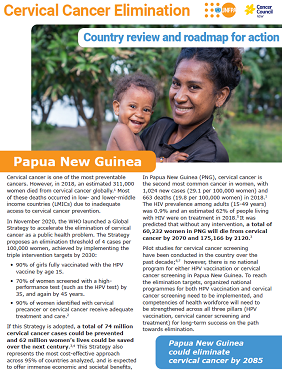
Cervical Cancer Elimination: Country review and roadmap for action
Papua New Guinea could eliminate cervical cancer by 2085.
Cervical cancer is one of the most preventable cancers. However, in 2018, an estimated 311,000 women died from cervical cancer globally. Most of these deaths occurred in low- and lower-middle income countries (LMICs) due to inadequate access to cervical cancer prevention.
In November 2020, the WHO launched a Global Strategy to accelerate the elimination of cervical cancer as a public health problem. The Strategy proposes an elimination threshold of 4 cases per 100,000 women, achieved by implementing the triple intervention targets by 2030:
- 90% of girls fully vaccinated with the HPV vaccine by age 15.
- 70% of women screened with a high-performance test (such as the HPV test) by 35, and again by 45 years.
- 90% of women identified with cervical precancer or cervical cancer receive adequate treatment and care...
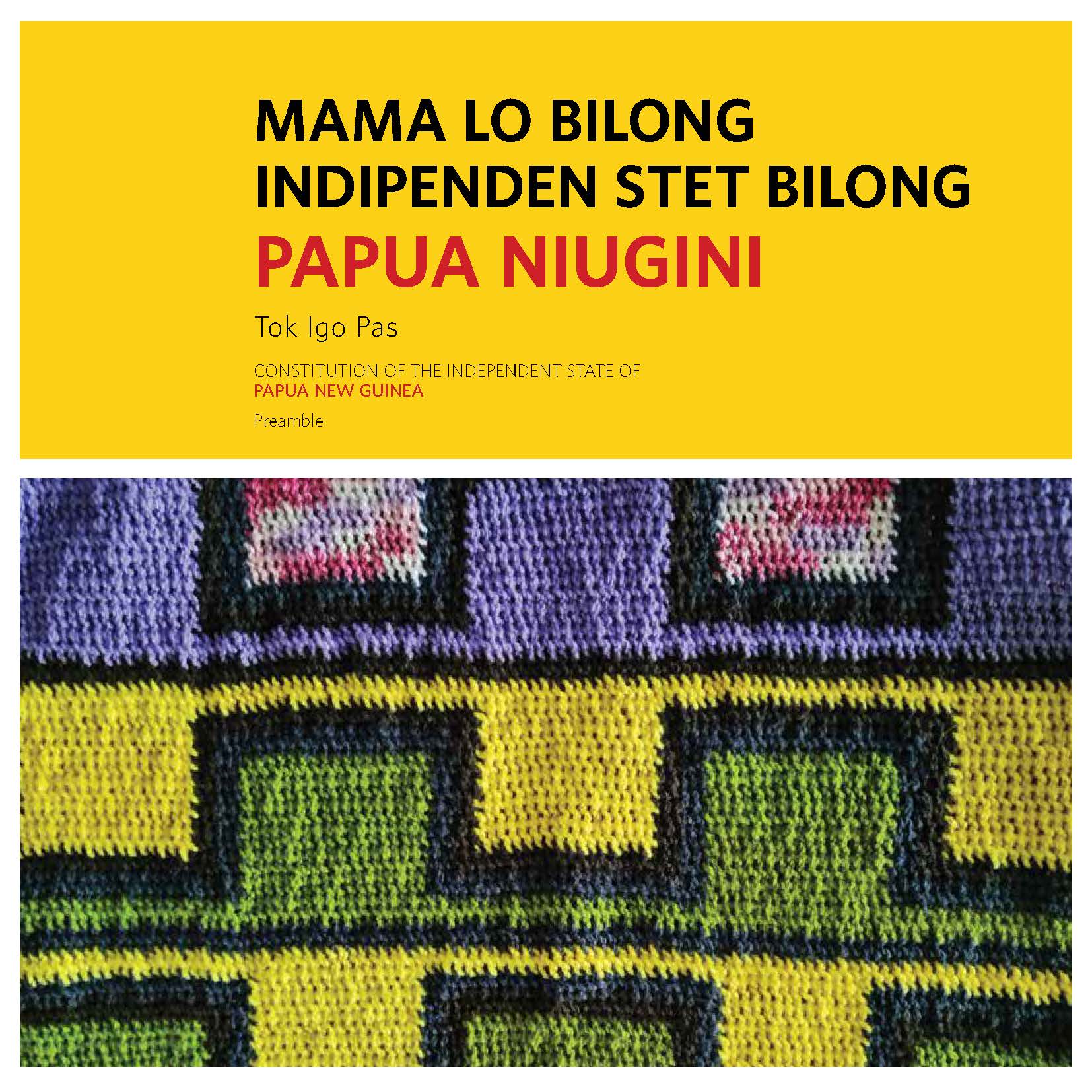
Constitution of the Independent State of Papua New Guinea - Preamble
View PDF on Flipsnack
The Constitution of Papua New Guinea is the original sustainable development roadmap for the nation. It inspired the vision 2050 and was decades ahead of the call to action for the Sustainable Development Goals. Such a document cannot be forgotten; instead, it must be shared widely and reflected upon by the men and women, girls and boys that are alive today so that they too are inspired to achieve the promises as written in their constitution. In commemorating the journey and achievements of its most famous son, Sir Michael Somare, in this Tok Pisin translation of the Preamble, we hope it is also an opportunity to inspire others to walk the same path towards freedom, equality of opportunity and wellbeing of all Papua New Guineans.
Marielle Sander, UNFPA Representative Papua New Guinea
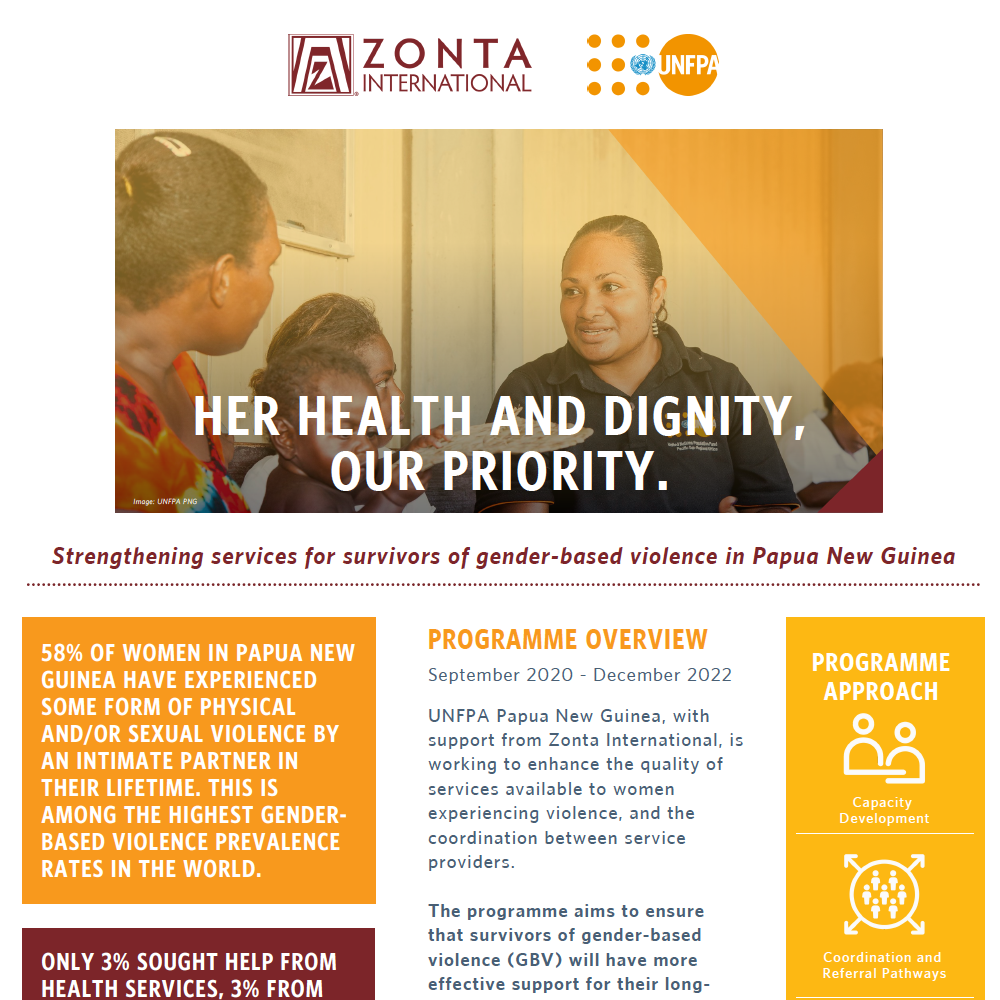
Strengthening services for survivors of gender-based violence in Papua New Guinea
Strengthening services for survivors of gender-based violence in Papua New Guinea
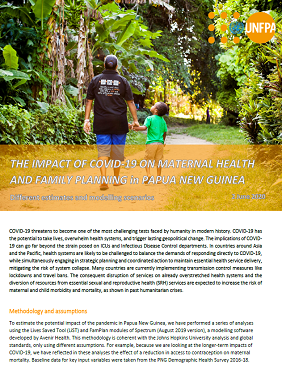
THE IMPACT OF COVID-19 ON MATERNAL HEALTH AND FAMILY PLANNING in PAPUA NEW GUINEA: Different estimates and modelling scenarios
COVID-19 threatens to become one of the most challenging tests faced by humanity in modern history. COVID-19 has the potential to take lives, overwhelm health systems, and trigger lasting geopolitical change. The implications of COVID-19 can go far beyond the strain posed on ICUs and Infectious Disease Control departments. In countries around Asia and the Pacific, health systems are likely to be challenged to balance the demands of responding directly to COVID-19, while simultaneously engaging in strategic planning and coordinated action to maintain essential health service delivery, mitigating the risk of system collapse. Many countries are currently implementing transmission control measures like lockdowns and travel bans. The consequent disruption of services on already overstretched health systems and the diversion of resources from essential sexual and reproductive health (SRH) services are expected to increase the risk of maternal and child morbidity and mortality, as shown in past humanitarian crises.
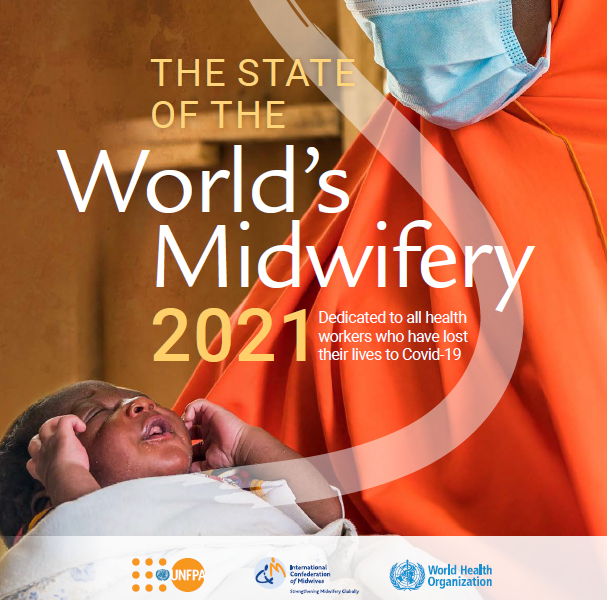
The State of the World's Midwifery 2021 - Key Facts
Building a health workforce to meet the needs of women, newborns and adolescents everywhere.
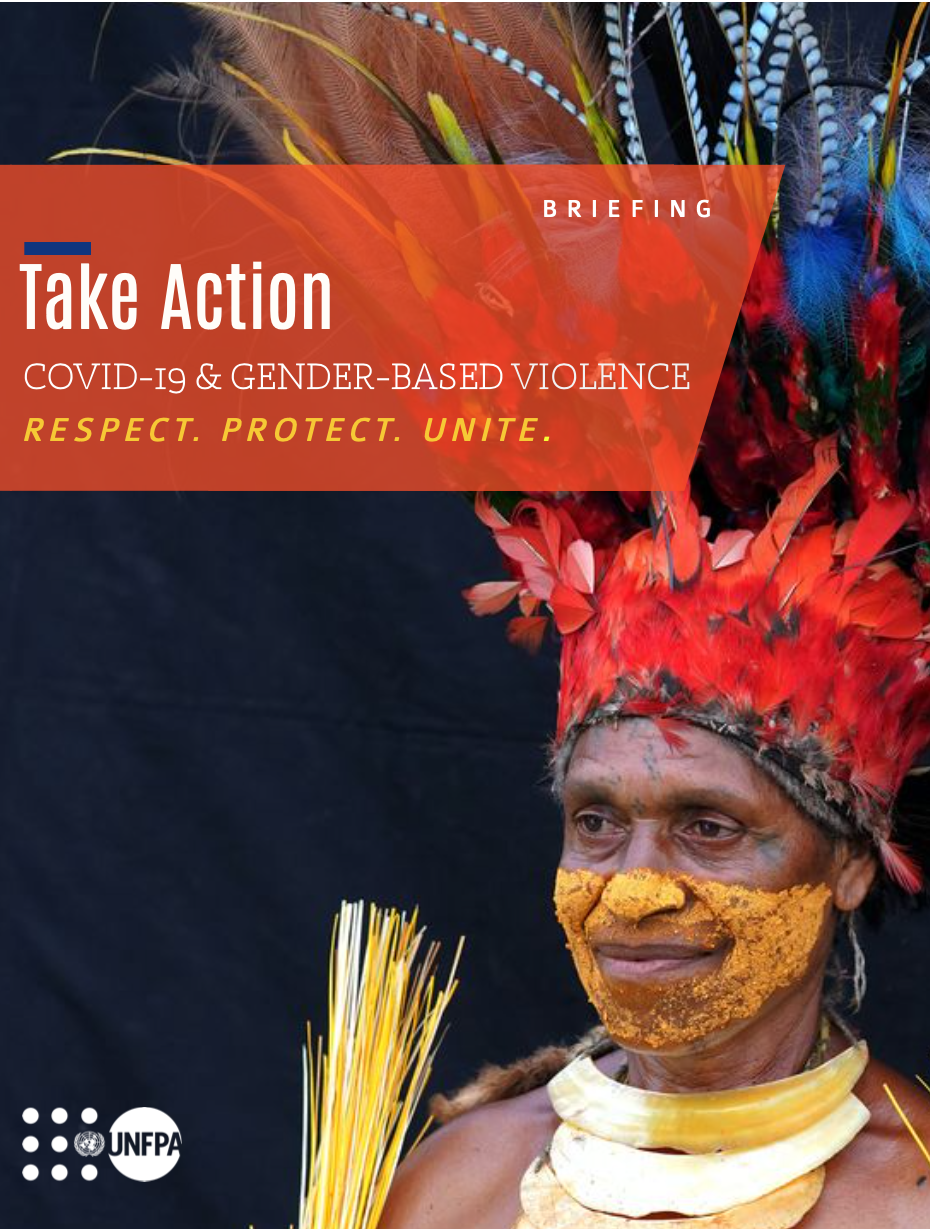
COVID-19: How can we protect women and girls from gender-based violence?
The COVID-19 pandemic is exacerbating the risk of violence against women and girls. Movement restrictions including curfews, quarantines and reduced public transport confine people to a limited shared space which adds stress on relationships inside the home. This, combined with anxieties related to the health and economic consequences of COVID-19 are associated with increases in intimate partner violence against women and girls. Movement restrictions limit a survivor's ability to escape and seek support, which entrenches perpetrator impunity.
We must ensure all gender-based survivors can access services at all times, including during pandemics and emergencies.